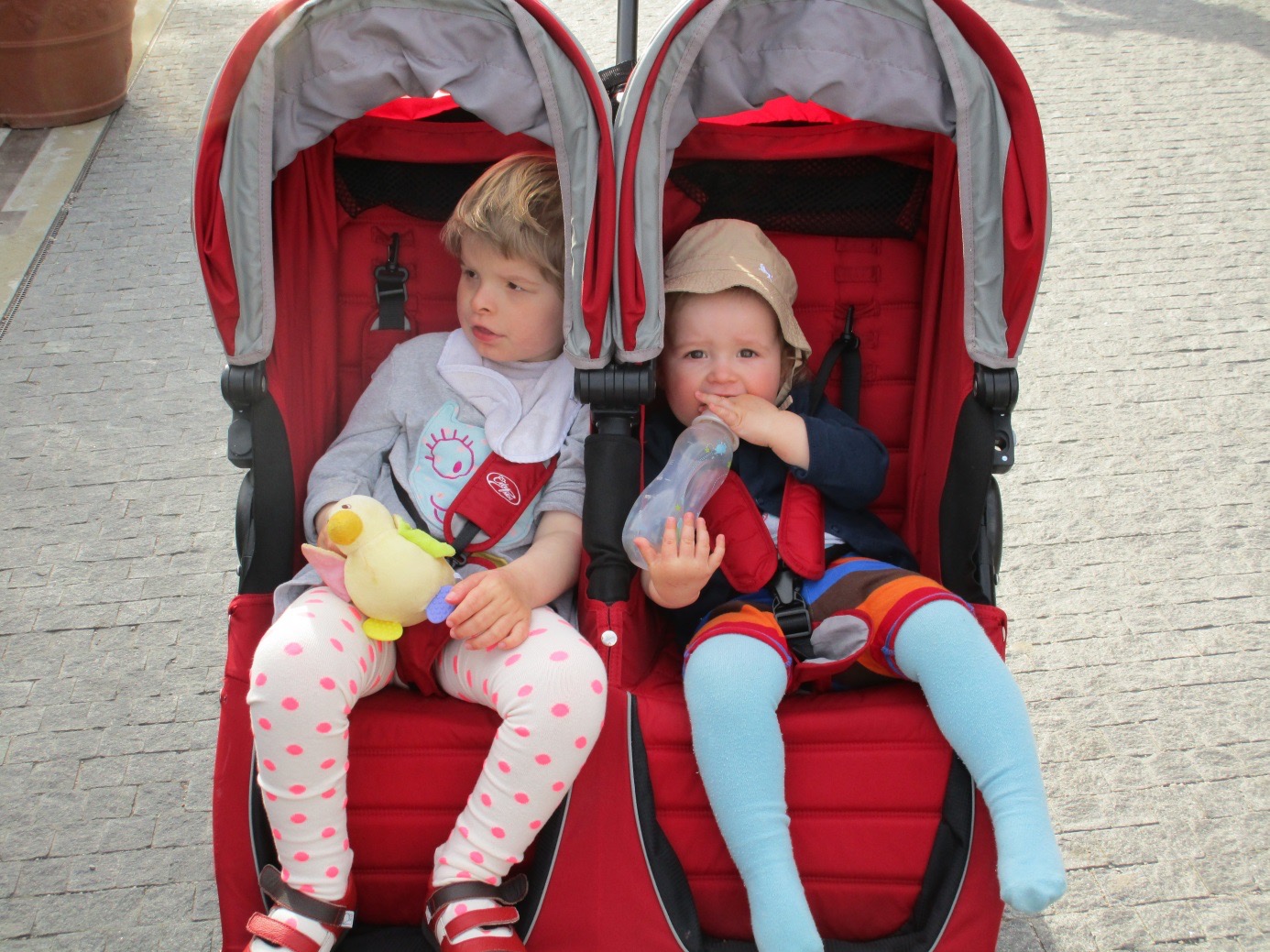Slovakia: For the first time, litigation helps 4 year old girl from being institutionalised
Lujza is a 4 year old girl who has a shy smile, and profound multiple disabilities. Her mother used to take care of Lujza at home, but she could not manage to look after both Lujza and her brother 24 hours a day without any support. They asked the local government for help and were turned down. MDAC helped Lujza’s family to take this case to court. Last month, for the first time in the country, a judge ordered the local authority to provide Lujza with in-home support.
 Lujza Tomaško and her little brother. ©MDAC
Lujza Tomaško and her little brother. ©MDAC
Local nursery schools refused to give Lujza a place, so she stayed at home during those years. Her parents could not cope without support. In December 2014, the family asked the local government to provide ‘home care’, support with washing and eating. The local authority rejected this request, explaining that such services were available only for adults. They recommended that Lujza be sent to a residential institution, something her parents did not want. Instead, they sued the local government – the first case of its kind in the country.
Mrs. Tomaško, Lujza’s mother, spoke of the reasons as to why she initiated the case:
“It should be natural to support families with disabled children during the day and offer day care services for at least a couple of hours. Unfortunately, for Slovak families this is not guaranteed and under the law it is unclear whether families are entitled to community-based alternatives to institutions. Sadly, it is common that families are left alone and therefore do not receive support. They are under extreme pressure because a child with disability has his or her own specific needs, and the families have specific needs too. Support for families at home should be available and accessible to every family that needs it.”
Recently, the Bratislava Regional Court quashed the decision of the local authority and made it clear that the law requires community support services such as in-home care must be available for children with disabilities as well as adults. The local authority must now provide care to Lujza in her home. Lujza and her family are by no means unique. The hundreds of children with disabilities in Slovakia face barriers to living in the community.
“This judgment has clarified that home care is for all, including children with severe disabilities. It also made it clear that local authorities must provide social care based on the family’s consent”, said Maroš Matiaško, the lawyer who represented the Tomaško family.
MDAC is going to provide parents of children with disabilities in Slovakia with a simple guide explaining how they too can take a case against local authorities and get the support that their children need.

